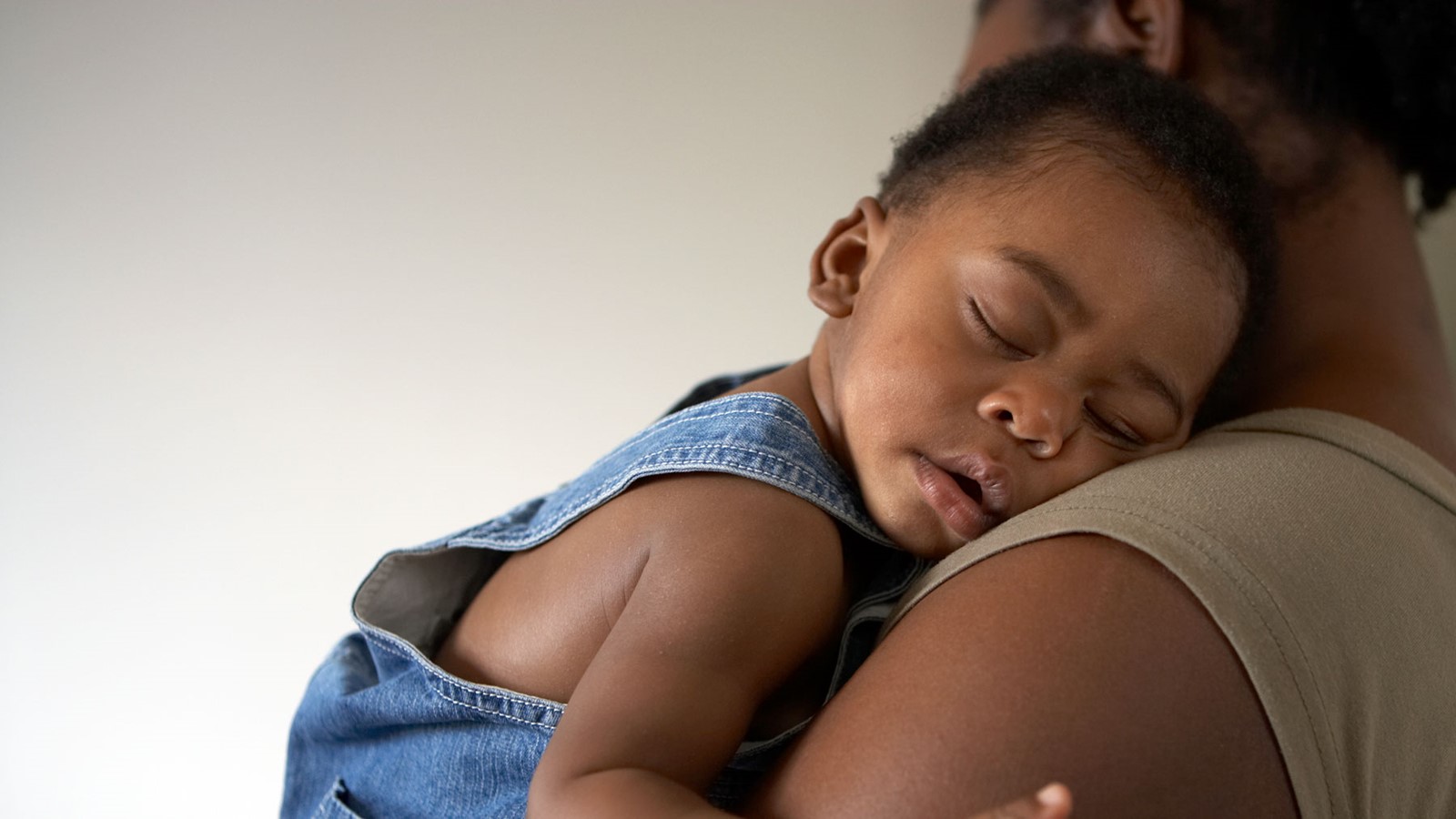Early motherhood is a mind-bending and very personal rollercoaster. It takes us to our limits and beyond, as well as offering moments of love and wonder that are beyond our usual words. When I first became a mum, I often walked round in a daze. It reminded me of a bereavement - time and space felt altered and I was baffled that the rest of the world was carrying on as normal.
The whole experience tugs on threads from our past, on our stories about ourselves. It rattles our relationships and our previously successful coping strategies. I find it helpful to think of becoming a mother (matrescence) as a form of breakdown, then a rising from the ashes. From this perspective we can say to mums: “You're not strange or flawed. You're under enormous stress, you're in transition. This is intense, destabilising and hard.” Mums need holding too.
Around one in five women experience a perinatal mental health problem during pregnancy or within the early postnatal years and 70% will hide or underplay their illness.1
Maternal Mental Health Awareness Week 2022 (2 to 8 May), organised and led by the Perinatal Mental Health Partnership UK highlights the mental illnesses that can occur in the perinatal period (pregnancy up to a year after birth) such as antenatal or postnatal depression, anxiety, obsessive compulsive disorder, postpartum psychosis and post-traumatic stress disorder (PTSD). The programme of events includes live discussions on social media and celebrating and signposting to lots of resources and support for parents who are not feeling OK.
Many women still don’t ask for help because of mental health stigma. There's a lot of pressure on mums to look like we have it all together. We’re socialised to put others before ourselves and to be contained, tidy and appealing. Shame thrives in isolation. The theme of Maternal Mental Health Awareness Week 2022 is 'The Power of Connection'. As well as reaching out for professional support where it’s needed, there's power for all mums in sharing their challenging reality with friends new and old, loved-ones, and finding online spaces and in-person groups to hold and inspire them. To belong while they gather themselves and live this intense chapter of their life story.
There is such power in helping mums connect with themselves too. Many mums I work with feel like they've lost themselves to some extent. It’s also common to feel tense from always being on the go, neglecting self-care, and holding a lot of unresolved feelings. My work is quietly radical - in therapy it's OK to share mixed feelings about motherhood, to want things, to not know what you want, to speak negatively about your children, to hardly speak about them at all, to focus on your own stuff, to miss things about your old life, to not make sense, to not be over old wounds, to be imperfect, to cry, to not be sure and to swear. We make space for grief, anger, confusion, doubt, exhaustion, acceptance, laughter and a growing sense of confidence, peace, and becoming.
References
1 www.maternalmentalhealthalliance.org/about/perinatal-mental-health
Read more...
Views expressed in this article are the views of the writer and not necessarily the views of BACP. Publication does not imply endorsement of the writer’s views. Reasonable care has been taken to avoid errors but no liability will be accepted for any errors that may occur.



